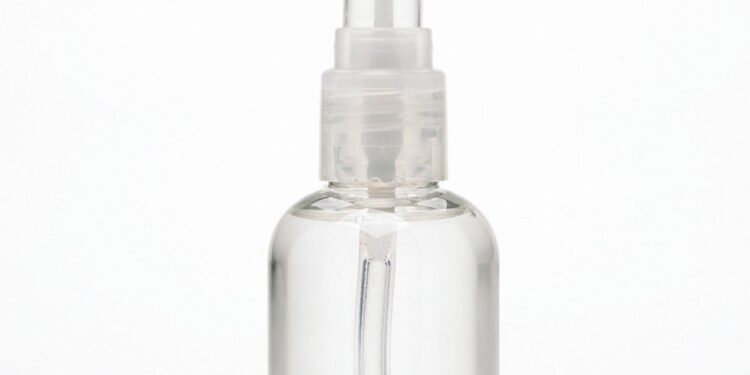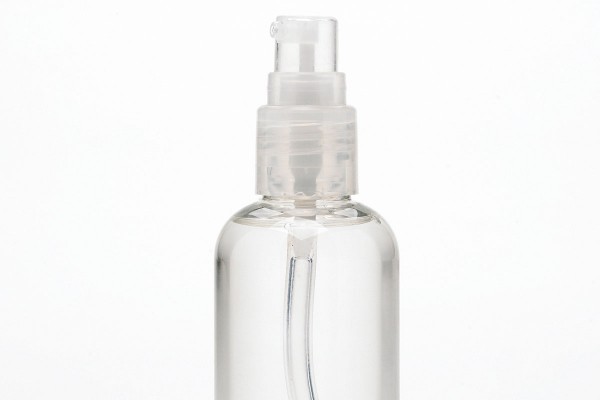Better living through chemicals.” It was arguably the motto of a generation at the time DEET was first introduced to Americans in 1957.
However, humans had figured out how to keep mosquitos and other pests at bay long before the 1950s. As some people have become nervous about putting toxins on their skin, many of those natural bug deterrents have regained favor.
Some, as you can imagine, work better as repellents than others. In a recent test I now regret, I slathered various oils on various parts of my body, walked into a wooded bluff line along the Platte River, sat down on a stump, and waited to see how many of the mosquitos in the vicinity wanted me for lunch.
Cedarwood oilrMy left forearm was visited by perhaps 50 percent of the mosquitos that visited my untreated hands, which later itched badly. Conclusion: Moderately Useful.
Rosemary oilrMy favorite-smelling deterrent of the group. However, it was as if my right shoulder had nothing attempting to protect it. Not recommended.
CatniprSave it for your cats. Not recommended.
Lemon EucalyptusrRemember that different repellents have varying results depending on the person. For me, lemon eucalyptus seemed to be the clear winner. My right leg was obviously not attractive to the visiting mosquitos. Recommended.
CitronellarCitronella has long been a favorite repellent, especially in candle form. Citronella was fairly effective in protecting my left leg. Also recommended.
Peppermint oil.rNope.
SagerDouble nope.
Okay, so there’s a reason DEET was created. However, there is some truth to claims that natural solutions can be effective.
The most important point here: Don’t try this experiment yourself. It’s not worth the itching, and it’s just plain boneheaded (if I may say so myself) to tempt Lyme disease.














